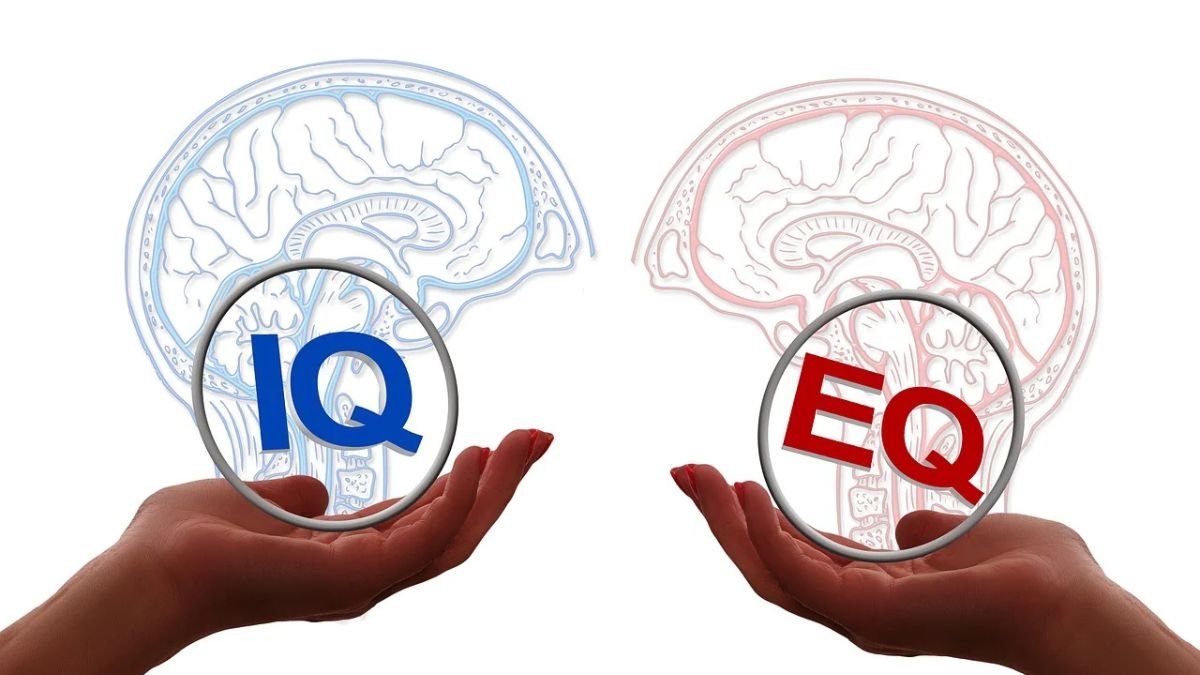The ability to recognise, comprehend, control, and regulate one’s own and other people’s emotions is referred to as emotional intelligence (EI), or emotional quotient (EQ). Effective leadership in the corporate sector is greatly influenced by emotional intelligence, especially in leadership positions. In an increasingly complex, competitive, and cooperative corporate climate, EQ can be a defining characteristic for women in business leadership when it comes to overcoming obstacles, forming solid teams, and achieving success.
Understanding Emotional Intelligence
According to psychologist Daniel Goleman, emotional intelligence is fundamentally made up of five components:
Self-awareness – Self-awareness is the ability to recognise and understand one’s own feelings, strengths, shortcomings, and motivations, as well as how they affect others.
Self-regulation – Self-regulation is the ability to manage or redirect disruptive emotions and impulses while adapting to changing circumstances.
Motivation – Motivation entails being driven to succeed for the sake of succeeding, having an inner drive, and being enthusiastic about goals.
Empathy – Empathy is the ability to understand and share the emotions of others, which is vital for managing relationships and leading diverse teams.
Social skills – Social skills refer to the capacity to manage relationships, form networks, and favourably affect other people.
Each of these components contributes significantly to leadership effectiveness. For women, developing strong emotional intelligence might be the difference between simply managing and genuinely leading.
Emotional Intelligence and Women in Business Leadership
While emotional intelligence is vital for all leaders, its importance to women in corporate leadership positions cannot be stressed. Historically, women have had to navigate a landscape dominated by traditional male leadership approaches. In such situations, emotional intelligence can be a great tool for empowering women to rise, thrive, and succeed.
Creating Strong Relationships
One of the most valuable skills that emotional intelligence provides is the capacity to form and maintain meaningful connections. Women with high emotional intelligence excel at reading emotional cues and empathising with others. In the business sector, this contributes to a culture of trust, respect, and collaboration. Leaders who empathise with their teams and coworkers create a culture in which communication is open, feedback is constructive, and people feel valued and understood.
For women, the capacity to connect on a deeper level is especially important. It enables them to break down barriers created by gender stereotypes, allowing them to lead with strength and sensitivity. By listening actively and offering emotional support, women leaders can build loyalty and camaraderie within their teams, which is crucial for long-term success.
Managing Conflict Effectively
Conflict is unavoidable in any business context. However, emotional intelligence provides the tools necessary for effective conflict management and resolution. Women with high EQ can defuse heated circumstances by keeping calm and composed. They recognise the emotional undercurrents that frequently fuel arguments and are adept at calming such emotions before they escalate into full-fledged fights.
Furthermore, emotional intelligence enables women leaders to approach conflict resolution from a collaborative rather than competitive perspective. Women can resolve problems in a way that builds rather than weakens relationships by considering all points of view and seeking common ground. This strategy not only enhances team dynamics but also serves as a positive example for others in the organisation.
Empathy as a Leadership Strength
Empathy is widely regarded as one of the most significant parts of emotional intelligence, and it is especially useful for female leaders. Empathy empowers company leaders to comprehend their people’ needs, concerns, and objectives. This understanding creates a climate in which employees feel heard and respected, which can boost job satisfaction, motivation, and retention.
Women are more sensitive to the emotional states of others, allowing them to solve problems before they escalate. Women with high emotional intelligence are typically able to offer support and assistance to team members facing personal issues or to those who feel overlooked in meetings, resulting in a more unified and productive workplace.
Adapting To Change
In today’s fast-paced business environment, change is unavoidable. Emotional intelligence helps leaders adapt to change more successfully. Leaders with a high EQ are more resilient in the face of adversity and uncertainty. They can manage their own emotions during times of change and assist their teams in transitioning seamlessly.
For women in leadership, the capacity to remain calm under pressure, optimistic, and focused on solutions rather than issues is a crucial skill. They can help their teams navigate changes—whether it’s organisational restructuring, industry transformations, or new technology adoption—by addressing their teams’ emotional concerns and keeping them focused on the broader picture.
Leading and Motivating Teams
Women leaders with high emotional intelligence are frequently adept at motivating their colleagues and instilling a feeling of common purpose. They recognise that motivation is not a one-size-fits-all strategy and that different people are motivated by various variables. Women leaders may motivate their teams to do great things by assessing individual needs and adapting their approach.
Furthermore, motivation is more than just pushing employees to achieve objectives; it is also about cultivating a growth attitude. Women leaders with emotional intelligence prioritise personal growth and lifelong learning for themselves and their teams. This creates a culture of continual improvement in which individuals are encouraged to push themselves, take risks, and advance in their careers.
Navigating Gender Biases and Stereotypes
Unfortunately, women in corporate leadership continue to encounter gender bias and preconceptions, which can impede their advancement. However, emotional intelligence can provide women with the tools they need to face these obstacles. Women with strong emotional intelligence can recognise when they are being unfairly assessed or when their actions are misconstrued owing to gender biases. Instead of reacting defensively, they might maintain calm, answer sensibly, and assert themselves in ways that challenge prejudices.
Furthermore, women with high emotional intelligence can lead the way for other women in the workplace by fighting for equality, inclusion, and fairness. Women leaders can break down obstacles for future generations of women in business by demonstrating empathy and prioritising strong relationships.
Emotional Intelligence as a Cornerstone of Effective Business Leadership
As the business world evolves, the value of emotional intelligence in leadership becomes more obvious. For women, emotional intelligence is more than just a useful skill; it can be the key to overcoming hurdles, developing high-performing teams, and attaining long-term success in leadership positions. Women can position themselves as transformative leaders by developing self-awareness, empathy, emotional regulation, and strong social skills.
In a corporate setting where interpersonal dynamics, teamwork, and resilience are important to success, emotional intelligence is a valuable skill for any leader, particularly women. Women may reinvent leadership by developing and exploiting these talents, demonstrating that success is based not only on technical expertise or authority, but also on the capacity to connect, communicate, and and lead with emotional intelligence.





